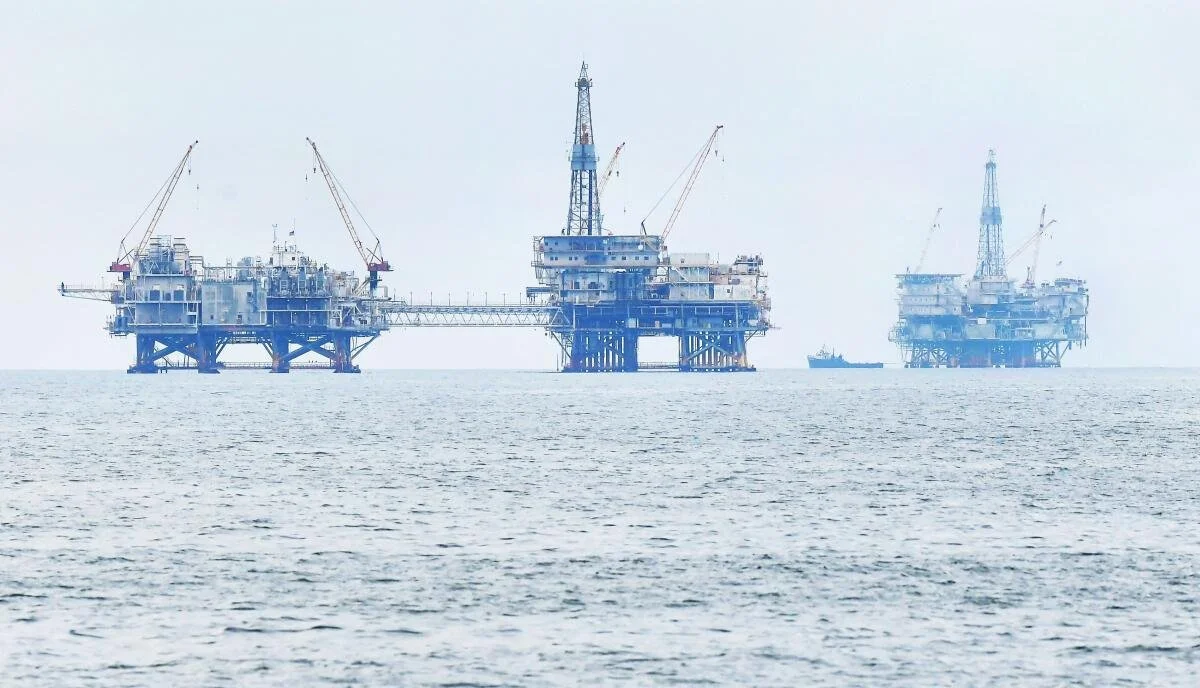Beyond Technology: The Human Factor in the Next Generation of Well Delivery
❮ VSG News
OPINION
A Future-Forward Operating Model
★ Article by Arno Saffran, Friday 29 August, 2025As the global economy accelerates its shift toward sustainability, few industries are Beyond Technology: The Human Factor in the Next Generation of Well Delivery
The oil and gas industry has never been short of technological ambition. From 3D seismic imaging to automated drilling systems, the sector has consistently pushed the boundaries of what is technically possible. Yet in today’s environment — where operators are under pressure to reduce costs, deliver projects faster, and meet rising safety and ESG expectations — the decisive advantage in major tenders may not come from technology alone, but from how companies integrate people, processes, and partners into a new operating model.
Why the well organisation matters in bids
Well construction and intervention remain the most capital-intensive and complex part of upstream operations, often accounting for 40–70% of a project’s budget. It is also the part of the value chain where multiple suppliers must work together seamlessly — typically ten or more companies coordinating on a single well.
For operators, this creates risk: delays, spiraling costs, or safety incidents can derail entire campaigns. For OFS companies competing in tenders, it creates an opportunity: the ability to demonstrate not just technical competence, but an operating model that de-risks execution and improves overall well delivery.
Technology is only half the story
Digital platforms, predictive analytics, and robotics are reshaping drilling economics. But these tools only unlock value when embedded in organizations that can adapt quickly and collaborate effectively. The winning bidders will be those who can show:
Streamlined processes that reduce handovers and decision bottlenecks, cutting weeks or months from prospect maturation.
Supplier interface mastery, proving they can orchestrate complex multi-party ecosystems with minimal friction.
Data-driven HSE practices that go beyond compliance to predictive safety, using analytics to anticipate incidents before they occur.
Agile teams that combine engineering expertise with digital fluency, able to pivot in real time as operational conditions shift.
The overlooked competitive lever: people
The industry has already extracted much of the “easy” cost savings through rate cuts and standardised designs. The next wave of competitive differentiation will come from talent. Not just the data scientists and automation engineers, but the business development leaders and country managers who can position an OFS firm as a trusted partner in the operator’s boardroom before the technical evaluation even begins.
In a tender, it is not only about “what you can do” but “who can deliver it, under pressure, in-country, and in collaboration with others.” The individuals who carry that weight are rare — those with the fluency to navigate politics, partnerships, and procurement while also commanding credibility with technical teams.
What bidders should be pitching
When OFS companies prepare their bid strategies, they should not limit themselves to a showcase of technology and cost efficiency. Increasingly, operators will ask:
How will you ensure interface management across ten suppliers?
What is your model for digitally enabled well delivery that balances centralization with field agility?
Who are the leaders on your team that have proven they can land projects in high-friction markets?
The companies that can answer convincingly — combining the best of digital tools with proven business development talent — will stand apart.
A closing thought
In my earlier career advising oilfield operators and engineering firms on strategy and access, I saw how often the “hard” side of the business — rigs, reservoirs, data models — captured all the attention, while the “soft” side — leadership, alignment, supplier management — determined the outcome.
Today, running a specialist consultancy that places business development and sales leaders into OFS companies, I see the same pattern emerging. Technology may define the frontier, but people still determine who wins the contract.
How relevant and useful is this article for you?
★ ★ ★ ★ ☆ 47
ABOUT THE AUTHOR(S)
— Arno Saffran
Arno developed his approach through roles in client development (KPMG) and strategic commercial engagement (affiliated with advisories including Hakluyt), focusing on complex industrial and energy sectors.
VSG works across the extractive value chain, positioning people who form the critical bridge to early-stage relationships and commercial access in complex markets.
